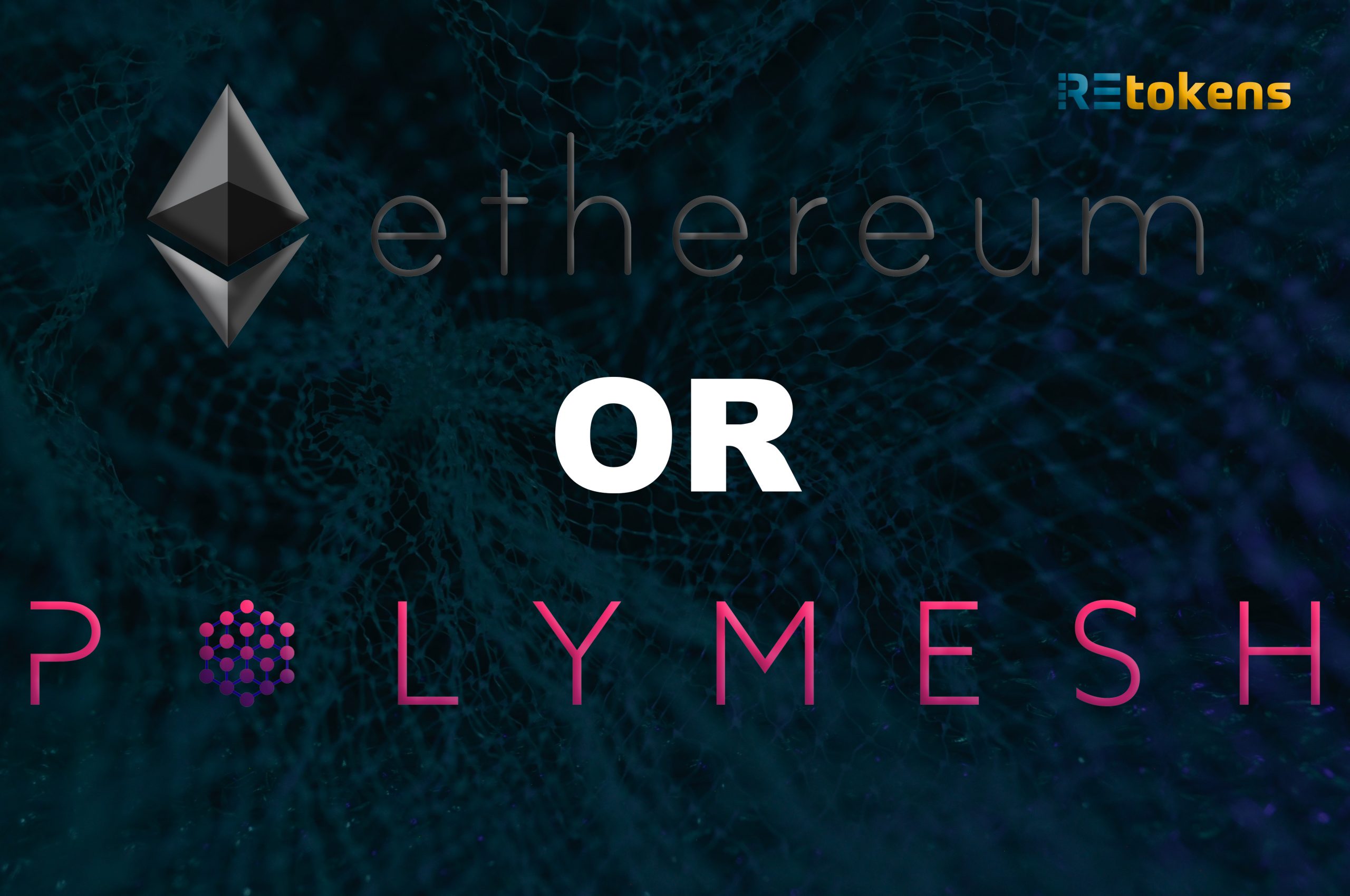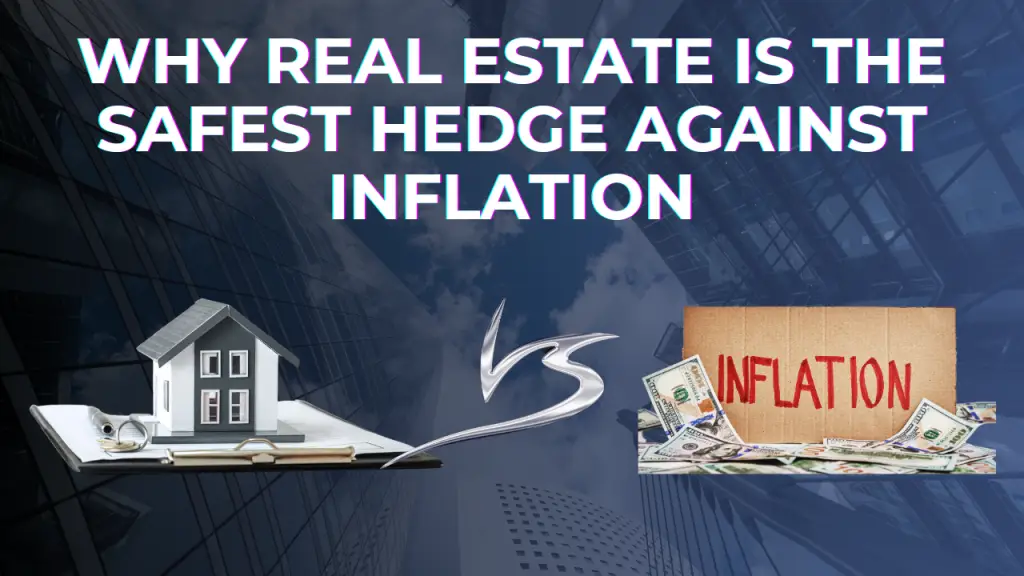Technology is Impacting Finance
The world of finance is rapidly changing as new technologies emerge. Blockchain is one of the most disruptive technologies to emerge in recent years, and it has the potential to revolutionize the way regulated securities are traded and managed. The challenge is that not all blockchains are created equal, and it is important to choose one that is designed specifically for regulated securities. Polymesh is the best blockchain for regulated securities because it provides enhanced security, built-in compliance, and comprehensive support. In this blog post, we will compare Polymesh to other blockchains and discuss why it is the best option for regulated securities and specifically for security tokens.
Blockchain
Let’s first define what a blockchain is, and why it is a disruptive force in the world of finance. A blockchain is a digital ledger that records information or transactions. It is a secure and decentralized system that records data in a way that is difficult to alter or tamper with. It is similar to a traditional ledger, but it is much more secure and efficient since it is not stored in one physical location. Blockchain technology eliminates the need for third-party verification and it can provide greater transparency and reduce costs associated with trading and managing securities.
Security Tokens
You may also be asking, ‘what the heck is a security token’? Security tokens are digital assets that represent ownership interests in real-world assets like equity, debt, and real estate. These tokens are created using blockchain technology, which allows them to take advantage of the enhanced features the blockchain offers. Security tokens offer numerous benefits to the market, such as increased efficiency through automated operations, increased global liquidity pools, and the ability to create new and unique financial assets. This makes them an attractive option for regulated securities, and Polymesh is the perfect choice for companies looking to tokenize their securities.
Ethereum blockchain
In recent times, the Ethereum blockchain has been the most popular choice for creating, issuing, and managing security tokens. Ethereum uses computer code called smart contracts to allow for the management of regulatory rules embedded in an issuer’s security token. However, as you’ll see as you read on, just because it has been the most popular way to create security tokens, it most definitely does not mean it’s the best.
Polymesh
Polymesh has enhanced security compared to Ethereum and other general purpose blockchains. It is built specifically for the needs of regulated securities and offers a more secure and sophisticated infrastructure. It utilizes state-of-the-art cryptography and advanced consensus algorithms to ensure the security and integrity of data. Additionally, it has a robust permissioning system that allows only authorized users to access and manage the data. Ethereum and other general purpose blockchains, on the other hand, lack this level of security and are more vulnerable to cyber-attacks, money laundering and other nefarious activities by bad actors.
Breaking it Down
Let’s talk about some of the key pillars that have been built into the core layer of the Polymesh blockchain, that make it the leading solution for security tokens in regulated capital markets…
Governance –
When it comes to governance, security tokens pose a unique set of challenges. Forks in the chain can create legal and tax complications, so it’s important to have a system in place that is designed to prevent them from occurring. Polymesh has addressed this issue by incorporating governance into the core of the chain. The Governance Council, which is made up of stakeholders, helps to guide the evolution of the chain and ensure that contentious forks are avoided.
Identity –
Securities regulations require that all parties involved in securities transactions are identified. However, most public blockchains were designed for pseudonymity and censorship resistance, making it difficult to comply with these regulations. Polymesh has addressed this issue by utilizing customer due diligence to ensure all actors on the chain are verified. This includes issuers, investors, and even the node operators who write new blocks to the chain. This makes it easier for companies to comply with regulations and ensures that the blockchain is secure and reliable.
Compliance –
When it comes to securities, it is essential to provide an environment that allows for the enforcement of transfer restrictions. However, most public blockchains are unable to comply with these regulations due to the complex logic needed to do so. Polymesh has addressed this issue by building compliance functionality into the core of the chain. This allows for complex compliance requirements to be automated efficiently, making it easier for companies to comply with regulations.
Confidentiality –
Financial institutions have an obligation to protect client information in order to comply with privacy requirements and safeguard financial interests. Non-reporting entities also need to ensure that ownership and transfer information remains confidential. Polymesh has addressed this challenge by creating a new patent-pending protocol for securely managing assets in a confidential and auditable way.
Settlement –
Most public blockchains rely on probabilistic finality, meaning that transactions can be reversed. However, for a blockchain to contain a true representation of ownership, it must provide rapid and deterministic finality. Fortunately, Polymesh makes this possible, thanks to the way it has woven governance, identity, and compliance into the core of the chain.
Comparison Results
So, how does all of this compare to the creation and management of security tokens on general purpose blockchains? Most public blockchains, including Ethereum, were built on principles that are incompatible with the regulation requirements of security tokens. Regulated capital markets require identity, compliance, confidentiality, and deterministic finality. However, most public blockchains were designed for pseudonymity, censorship resistance, transparency (all transactions are viewable to the public), and rely on probabilistic settlement. Polymesh, on the other hand, has revolutionized the way security tokens are created and managed by building all of these key pillars into the core layer of the blockchain.
To learn more about the Polymesh blockchain, please read their whitepaper at – https://polymath.network/polymesh-whitepaper
—
| David Kirschbaum CTO/Co-Founder |





